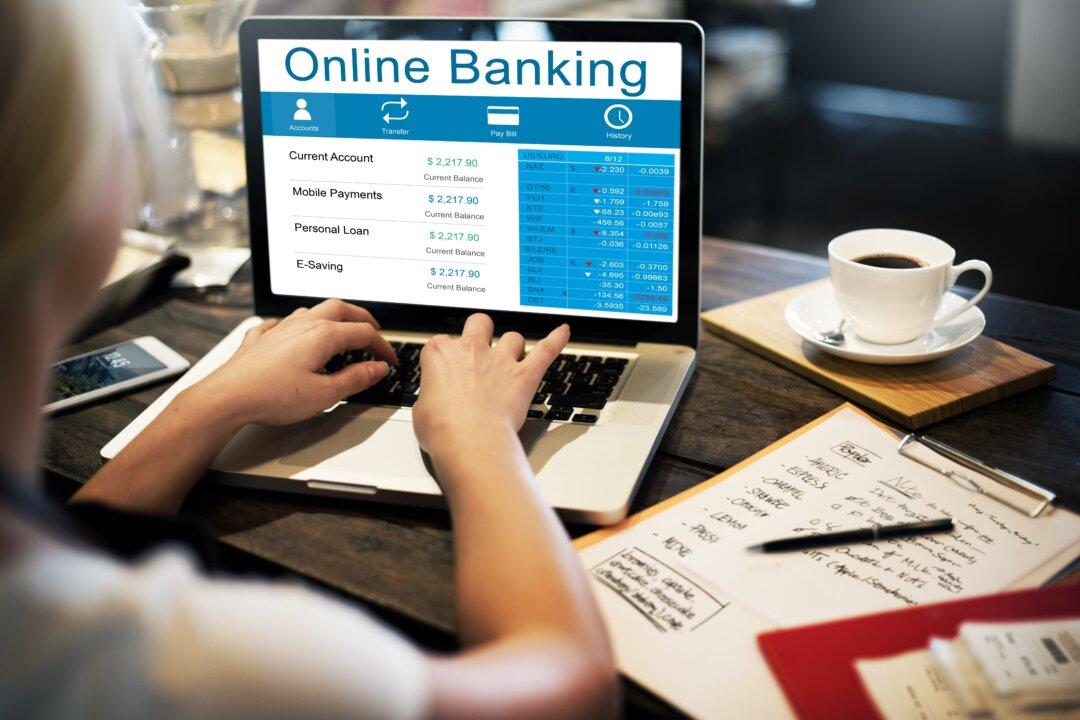You’ve probably heard about the latest banking trend. Online banking is top of mind when earning high interest rates on your savings, checking, and money market accounts. They sound too good to be true.
But you want more from a bank than high interest rates; you want safety. With identity theft and hacking prevalent, anything online could be deemed as vulnerable. Does that include your money? Are online banks a safe place to keep your money?






